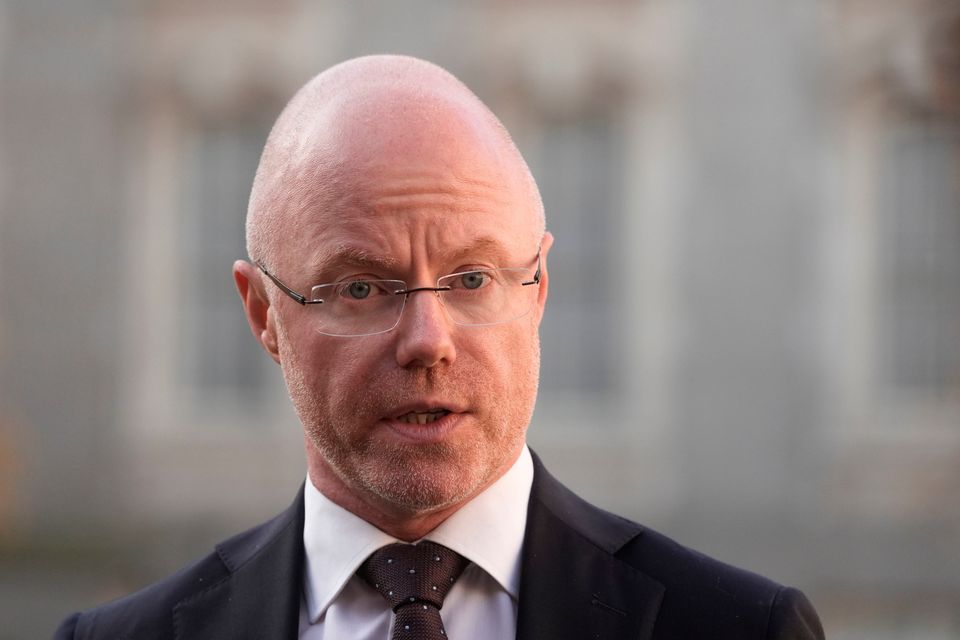
Health Minister Stephen Donnelly wants to extend free contraception to 16-year-old girls. Photo: PA Health Minister Stephen Donnelly wants to expand the free contraception scheme to 16-year-old girls. The minister said there had already been high take-up of free contraception for those aged 17 to 25, but that extending the scheme to 16-year-olds is “more complex”.
He said healthcare providers had raised “legitimate concerns” during ongoing discussions about expanding the scheme, around legal complexities – the age of consent being 17 – and medical ethics. But a person can consult a doctor without a parent or guardian present from the age of 16, when medical ethics considers them to be an adult. The Government wants to expand the rights of 16-year-olds medically, just not legally or politically.

It’s over a decade since the Convention on the Constitution recommended reducing the voting age to 16. The Government has used this Citizens’ Assembly model to initiate some major societal changes over that period. But some recommendations have been left to sit on the shelf.
In the last 20 years, monthly child benefit payments have risen by less than a tenner. The extension of the school-going age from four to five in recent generations and the proliferation of Transition Year as an option means many school students are doing their Leaving Cert as young adults. If the general election does take place in the spring, many exam students will be eligible to vote.
In the last 20 years, monthly child benefit payments have risen by less than a tenner. The political landscape would be quite different if the teenage vote was a phenomenon, like the grey vote. Issues affecting the future of the country, such as climate change, would arguably be higher up the agenda, as those who will be affected by this crisis would want more immediate action.
But the problems of the here and now directly affecting younger people would also get an airing. The alarming high level of child deprivation in this country – one of the wealthiest in the world – casts a shadow on our nation. The Child Poverty Monitor 2024 analyses the state of play for children and young people last year, tracking government progress and action to address the issue.
The report says that last year, 260,773 children experienced “enforced deprivation”. The stalling of increases in child benefit payments since the economic crash is something of a puzzle and has happened without explanation. The Government will argue that a range of supports targeting children in need have been put in place, from family income supplements to free school meals.
However, the stalling of increases in child benefit payments since the economic crash is something of a puzzle and has happened without explanation. In the last 20 years, monthly child benefit payments have risen by less than a tenner. From a height of €166 before the downturn, it came down to €130 during the austerity years and the universal payment has stalled at €140 since recovery.
Contrast that with the state pension, which has gone up by €110 a week during that period, to the current rate of €277. The political parties are falling over themselves to promise increases to the pension of anything up to €20. But child poverty does not feature on the merry-go-round of populist promises.
Without dividing the generations, pitting young against old and annoying the powerful grey lobby, surely it’s time that children from struggling families became a priority. Join the Irish Independent WhatsApp channel Stay up to date with all the latest news.














